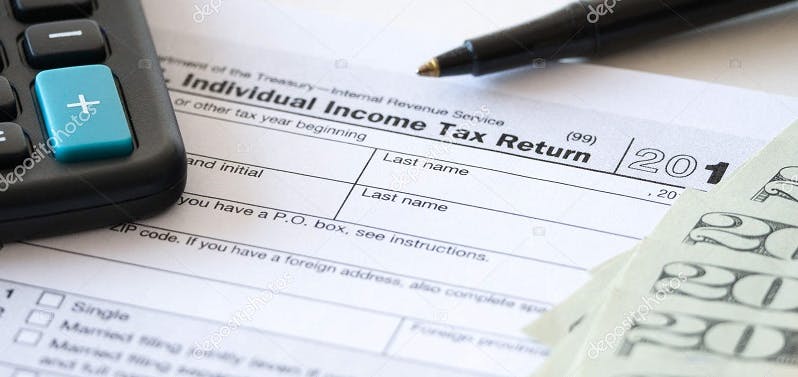The UK tax year ended last month, and HMRC may have contacted you asking for a self-assessment tax return. Even if you haven’t heard from them, you may still be required to submit one - and many individuals aren’t aware they fall into this category.
Here are some common groups who may need to file:
The Self-Employed
If you’re self-employed and earned more than £1,000 in the last tax year (before expenses), you’ll need to submit a return. This applies whether you’re a sole trader or freelancer.
Your business and personal finances are treated as one, and you’ll be taxed on profits. If you made a loss, you may be able to carry it forward to offset future profits.
Landlords
If you rent out property, you must declare any profits. Many expenses are deductible, but rules around mortgage interest relief have changed in recent years, so it’s important to stay current.
If you have lodgers, you'll need to pay tax on any income over £7,500.
Individuals Who Have Made Capital Gains
If you sold shares, property (not your main home), or other assets and made a profit, you may owe Capital Gains Tax. Gains from UK residential property sales must be reported within 60 days of completion.
Shareholders
Dividends from sharholdings are taxable. If you’re a company director receiving dividends or an investor with dividend income, you’ll need to report it.
Employees Who Receive Tips
Tips and gratuities over £2,500 per year must be declared. This applies to roles like waiting staff, hairdressers, and taxi drivers. Keep records throughout the year to make reporting easier.
You Earn Over £60,000 and Claim Child Benefit
If you or your partner earn over £60,000, you may be liable for the High Income Child Benefit Charge. Read our overview of child benefit for more information.
You Earn Over £150,000
Once your income exceeds £100,000, your Personal Allowance begins to taper - reduced by £1 for every £2 earned above the threshold. You'll need to fill in a self-assessment tax return for HMRC to correctly calculate your tax bill for the year if your total income exceeds £150,000 (this was previously £100,000).
You fall into another category which requires a return
You may also need to file if:
- You lived abroad but had UK income.
- You received foreign income.
- You want to claim tax reliefs (e.g. on charitable donations or employment expenses over £2,500).
- You’re a company director with income beyond PAYE.
You can check HMRC’s full guidance here.
Questions?
If you’re unsure, Anderson Accounts is here to help. Don’t hesitate to contact us and we can answer any questions you may have.
All figures correct as of 11 November 2025.



